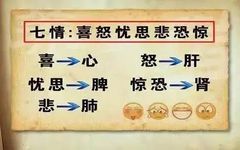
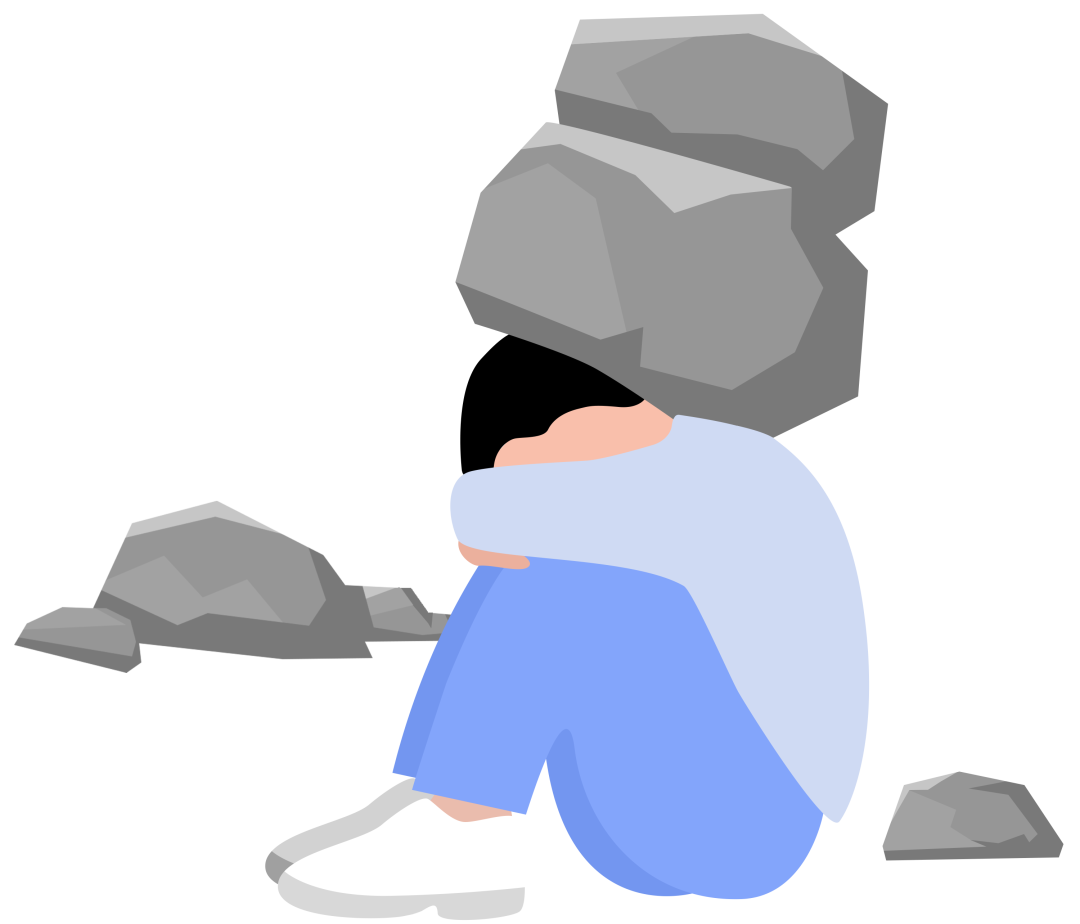
As the pressures of life and work continue to increase, we are gradually paying more attention to our mental health, particularly issues such as depression and anxiety, which have become common problems. How does Traditional Chinese Medicine (TCM) view this issue?
TCM often refers to the Seven Emotions, which typically include joy, anger, worry, thought, sadness, fear, and shock. Internal injuries caused by the Seven Emotions refer to the disruption of the functional energies of the organs due to abnormal changes in these emotional states. Factors that can lead to abnormal changes in the Seven Emotions usually include social factors, such as family changes and interpersonal relationships; pathological factors, such as deficiencies in the qi and blood of the five internal organs: The Huangdi Neijing (Yellow Emperor’s Inner Canon) mentions that “when the heart qi is deficient, one feels sadness; when it is full, one laughs incessantly,” meaning that a deficiency in heart qi can lead to feelings of sadness, while excessive heart fire can lead to excessive laughter. 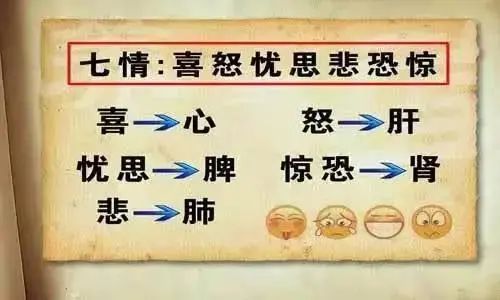 In addition, environmental factors, such as seasonal changes and geographical variations, can also affect a person’s emotions. The ancient saying “sorrow in spring and sadness in autumn” reflects how seasonal changes can influence human emotions. Clinically, it is observed that the incidence of depression increases in the autumn and winter seasons. Furthermore, individual differences, such as personality and age, are also significant factors that modern medicine pays attention to.
In addition, environmental factors, such as seasonal changes and geographical variations, can also affect a person’s emotions. The ancient saying “sorrow in spring and sadness in autumn” reflects how seasonal changes can influence human emotions. Clinically, it is observed that the incidence of depression increases in the autumn and winter seasons. Furthermore, individual differences, such as personality and age, are also significant factors that modern medicine pays attention to.
So how do the Seven Emotions—joy, anger, worry, thought, sadness, fear, and shock—affect our bodies?
01
Joy Harms the Heart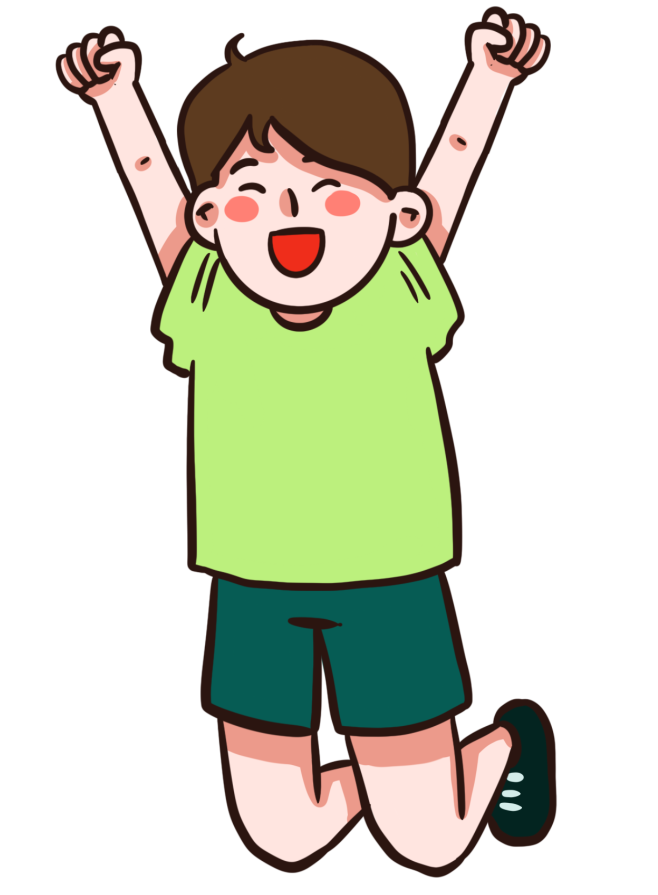
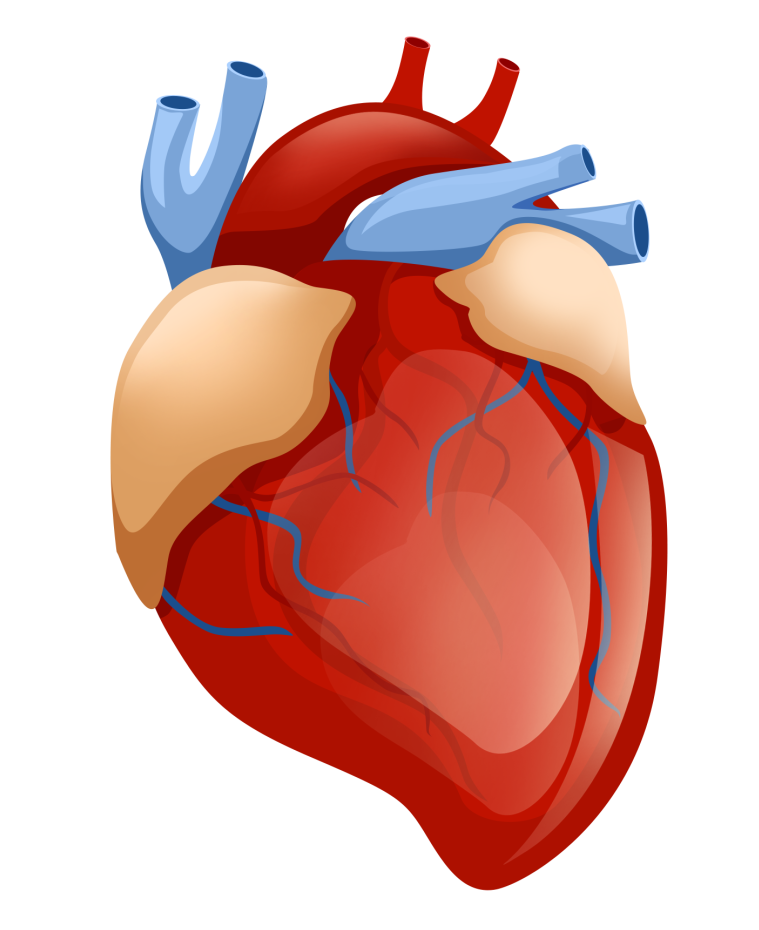 Joy represents a pleasant, positive, and uplifting emotion. Joy calms the qi, alleviating tension; during normal joy, the circulation of qi and blood accelerates, leading to a rosy complexion and a cheerful mood, harmonizing the qi mechanism, thus enhancing work and study efficiency and creating a more harmonious life. The heart opens to the tongue and is related to the small intestine; when we are happy, we tend to talk a lot and have a good appetite. However, excessive joy can harm the heart vessels, potentially leading to symptoms such as insomnia, forgetfulness, palpitations, and fatigue. The story of Fan Jin passing the imperial examination is a typical example of how excessive joy can scatter heart qi.
Joy represents a pleasant, positive, and uplifting emotion. Joy calms the qi, alleviating tension; during normal joy, the circulation of qi and blood accelerates, leading to a rosy complexion and a cheerful mood, harmonizing the qi mechanism, thus enhancing work and study efficiency and creating a more harmonious life. The heart opens to the tongue and is related to the small intestine; when we are happy, we tend to talk a lot and have a good appetite. However, excessive joy can harm the heart vessels, potentially leading to symptoms such as insomnia, forgetfulness, palpitations, and fatigue. The story of Fan Jin passing the imperial examination is a typical example of how excessive joy can scatter heart qi.
02
Anger Harms the Liver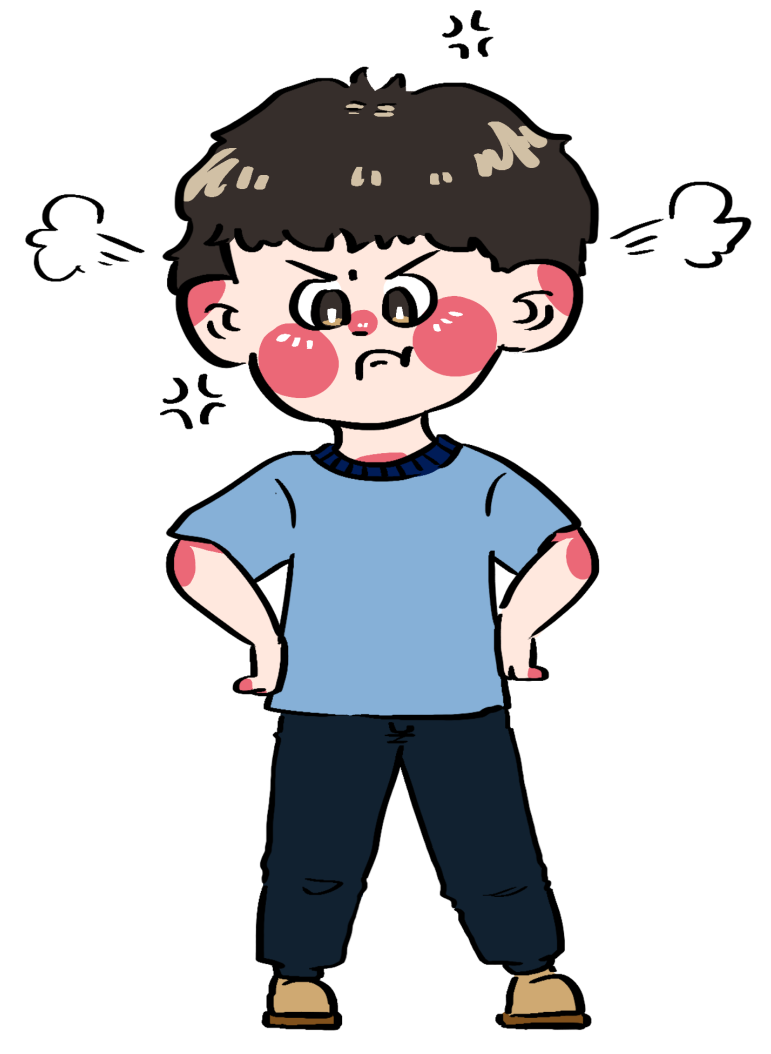
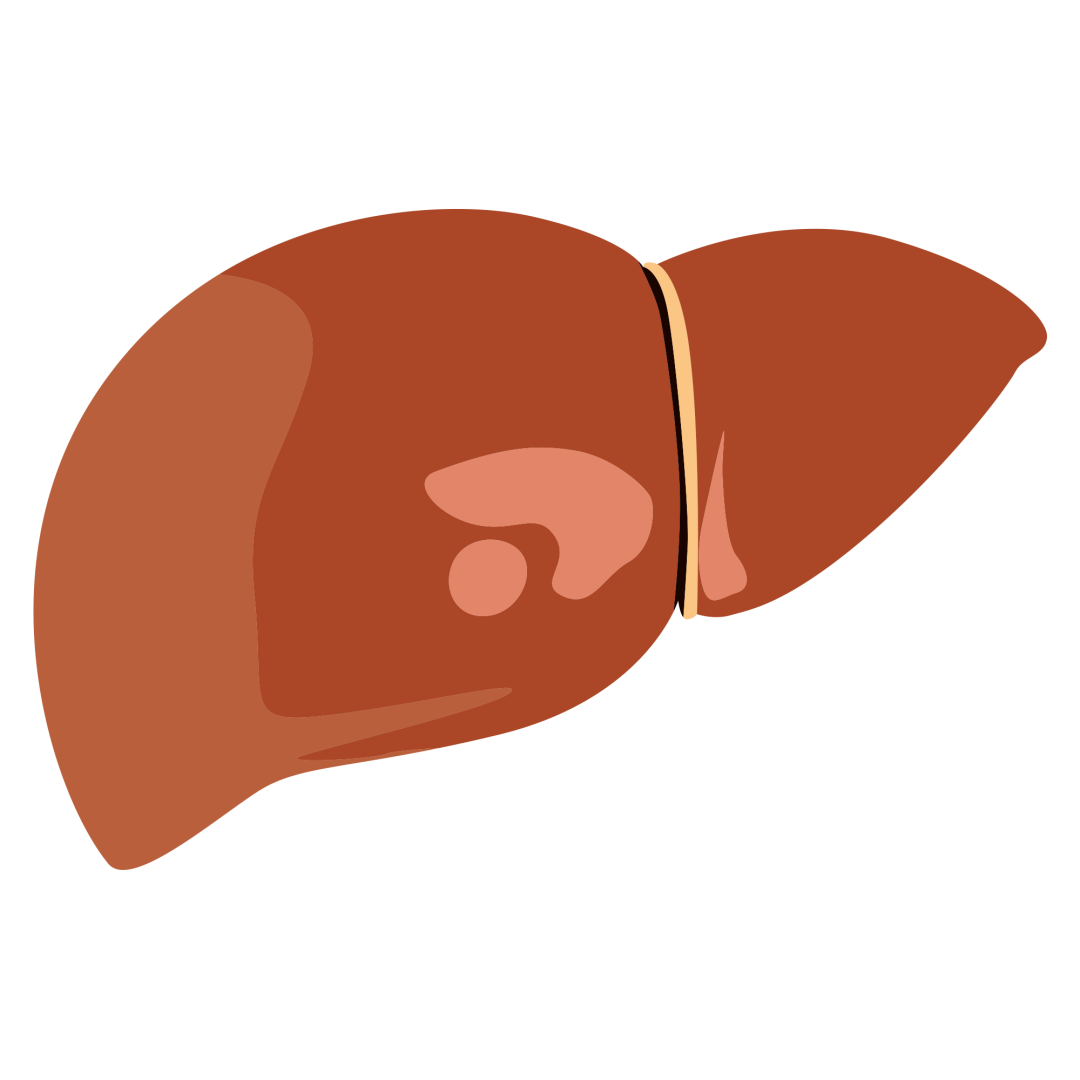 Anger is a normal physiological response in humans. Anger has both positive and negative aspects; appropriate anger can express emotions, boost morale, and relieve tension. For example, soldiers may feel anger before going into battle, which can transform into tremendous fighting power. However, excessive anger can also harm the body, leading to symptoms such as depression, flushed face, dizziness, tinnitus, breast tenderness, bitter mouth, and even fainting. The story of Zhuge Liang’s three fits of anger towards Zhou Yu is a classic example, where Zhou Yu’s anger, combined with his previous injuries, led to his untimely death.
Anger is a normal physiological response in humans. Anger has both positive and negative aspects; appropriate anger can express emotions, boost morale, and relieve tension. For example, soldiers may feel anger before going into battle, which can transform into tremendous fighting power. However, excessive anger can also harm the body, leading to symptoms such as depression, flushed face, dizziness, tinnitus, breast tenderness, bitter mouth, and even fainting. The story of Zhuge Liang’s three fits of anger towards Zhou Yu is a classic example, where Zhou Yu’s anger, combined with his previous injuries, led to his untimely death.
03
Worry Harms the Spleen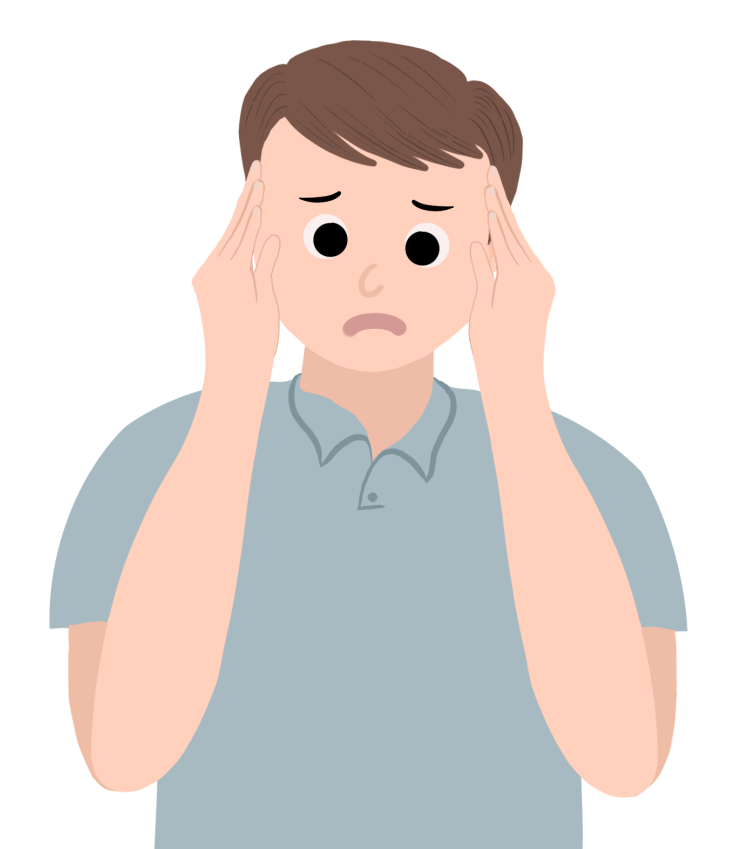
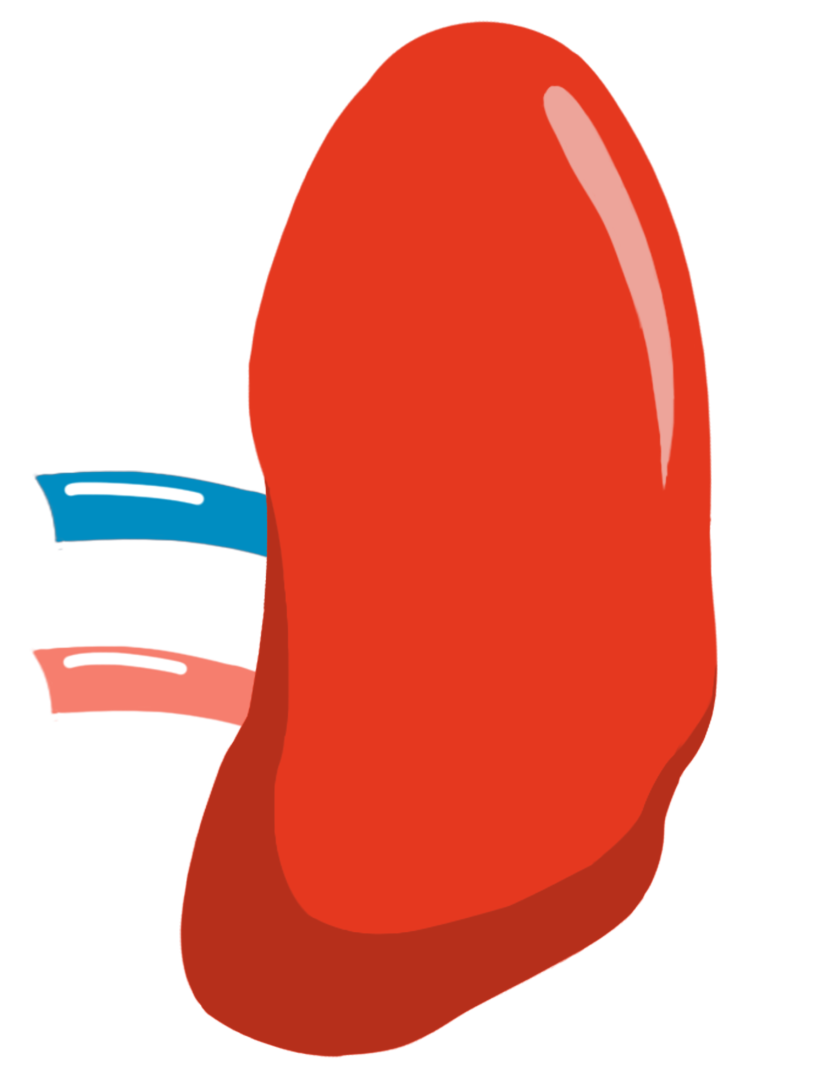 The emotional activity of worry is primarily expressed through the spleen. TCM believes that worry leads to qi stagnation; excessive worry can result in loss of appetite and tastelessness of food. Since the spleen governs blood, some women may experience menstrual irregularities due to excessive stress or worry; at the same time, the spleen is responsible for transformation and transportation, and impaired function can lead to clinical symptoms such as abdominal distension and loose stools. Over time, insufficient qi and blood circulation can lead to symptoms such as palpitations, forgetfulness, and insomnia with vivid dreams. Additionally, excessive worry can lead to low mood, decreased ability to think and understand problems, reduced speech, lethargy, sighing, feelings of helplessness and hopelessness, insomnia, dizziness, chest tightness, palpitations, and decreased appetite, all of which are symptoms of depression.
The emotional activity of worry is primarily expressed through the spleen. TCM believes that worry leads to qi stagnation; excessive worry can result in loss of appetite and tastelessness of food. Since the spleen governs blood, some women may experience menstrual irregularities due to excessive stress or worry; at the same time, the spleen is responsible for transformation and transportation, and impaired function can lead to clinical symptoms such as abdominal distension and loose stools. Over time, insufficient qi and blood circulation can lead to symptoms such as palpitations, forgetfulness, and insomnia with vivid dreams. Additionally, excessive worry can lead to low mood, decreased ability to think and understand problems, reduced speech, lethargy, sighing, feelings of helplessness and hopelessness, insomnia, dizziness, chest tightness, palpitations, and decreased appetite, all of which are symptoms of depression.
04
Sadness Harms the Lungs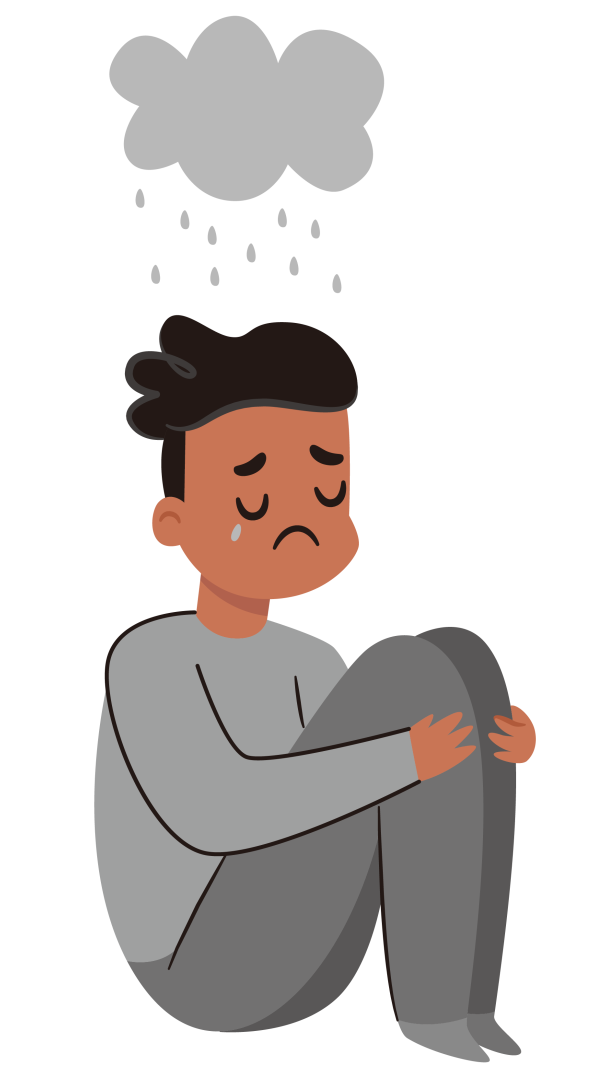
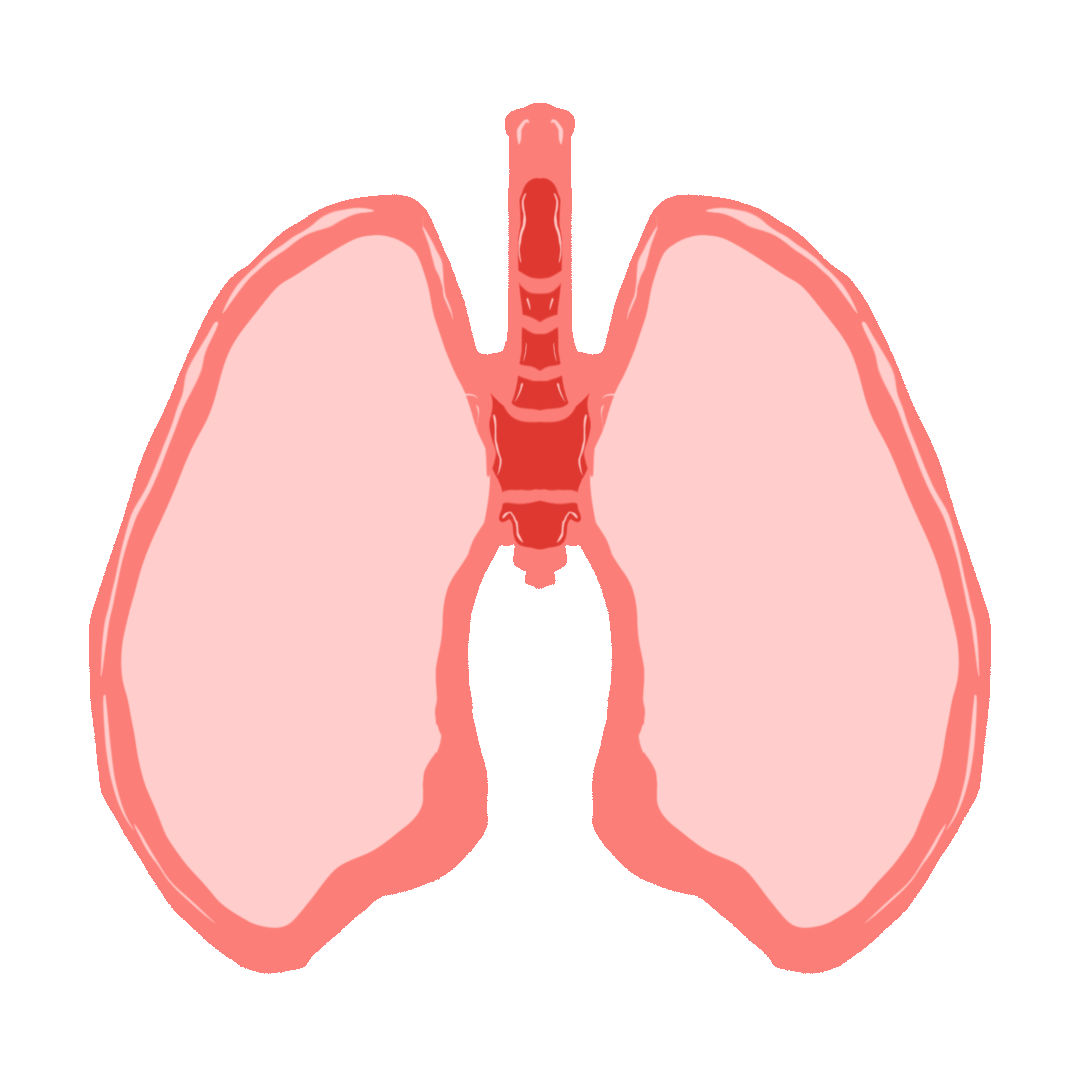
Sadness refers to the emotional response when people lose what they love or when their wishes are unfulfilled. Mild and short-lived sadness is a normal emotional release and does not harm health; however, excessive sorrow can lead to lung qi depletion. Just as we feel fatigued after crying, this is a form of lung qi depletion.
The lungs belong to the metal element and are responsible for dispersing and descending qi. When people face uncertainties about the future, love, or fate, they may feel worried and sad, which can clinically manifest as chest tightness, shortness of breath, and lack of energy, with a pale complexion. Excessive sadness and worry can lead to symptoms such as depression, lack of energy, pessimism, social withdrawal, and fatigue. Excessive crying due to sorrow and worry can lead to hoarseness and rapid breathing, and since the lungs govern the skin, it can also lead to increased facial wrinkles. Lin Daiyu from “Dream of the Red Chamber” is a classic example of someone whose excessive sorrow depleted lung qi, ultimately leading to lung disease and death.
05
Shock and Fear Harm the Kidneys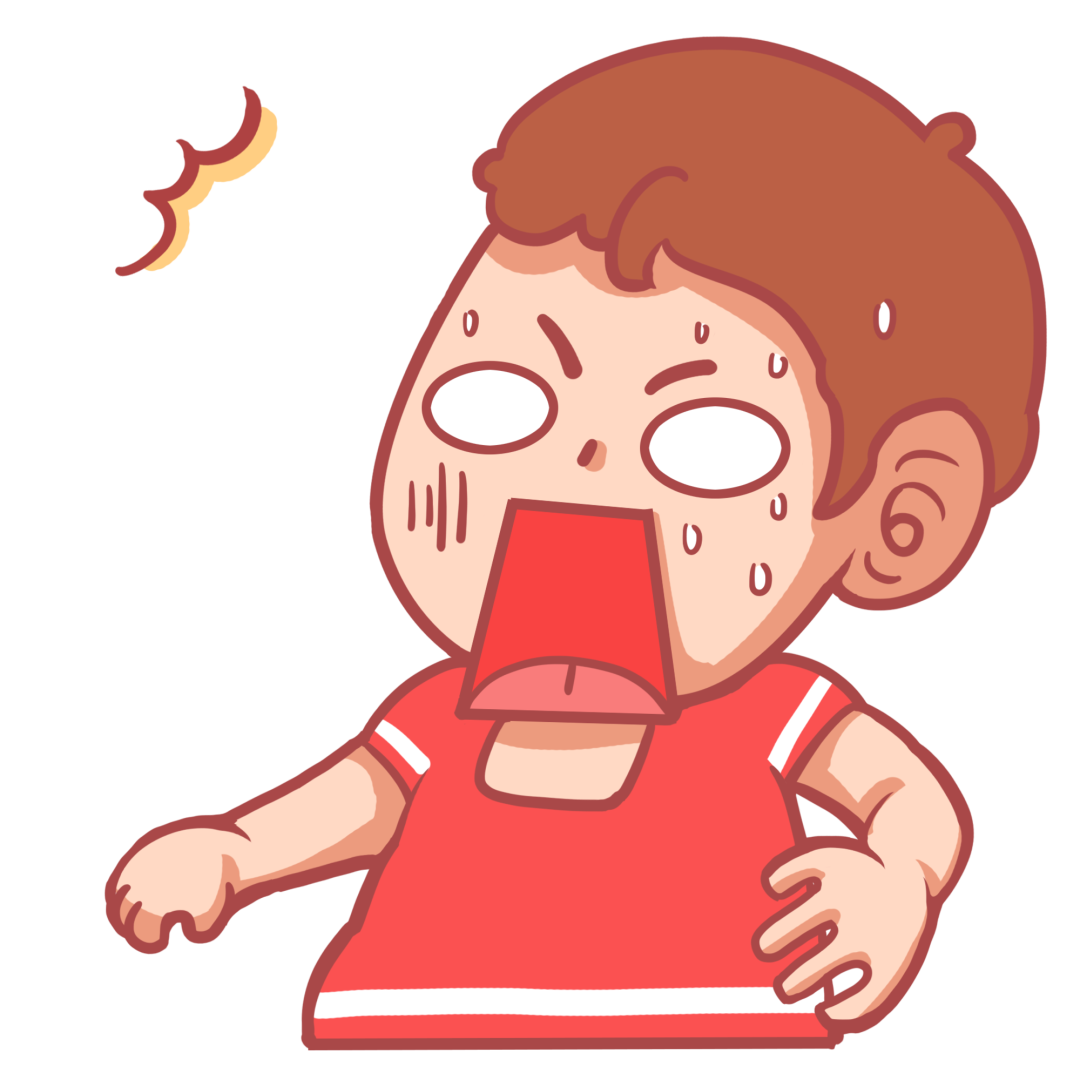
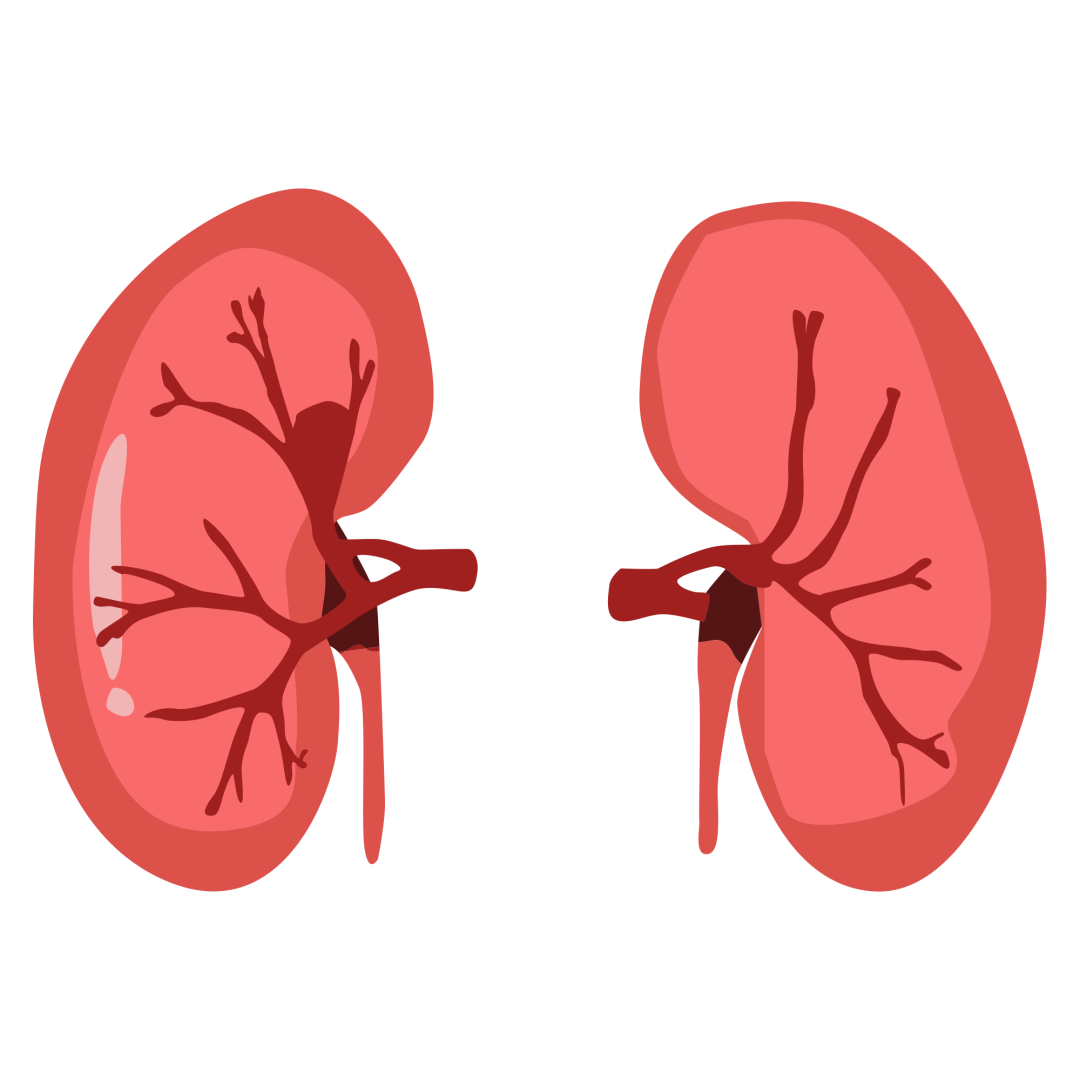 Shock and fear are psychological responses characterized by a sense of threat to one’s safety and heightened mental tension, manifesting as a state of emergency that can persist for a certain period afterward. The kidneys belong to the water element, govern the intake of qi, and control the opening and closing of urination. Fear is directly related to the kidneys. In real life, we often hear stories of someone who was so scared they wet themselves; this is because when a person experiences excessive fear, their kidney qi disperses, impairing the kidney’s ability to hold and regulate, which can lead to incontinence. The kidneys are the foundation of life; frequent late nights, excessive fatigue, and overconsumption of alcohol or strong tea can all harm the kidneys, leading to symptoms such as dark complexion, frequent urination, lower back pain, and morning diarrhea. All these abnormal manifestations can be categorized under the TCM concept of emotional illness. The abnormal fluctuations of emotions can disrupt the functions of the five internal organs, which can also be regulated through TCM to restore balance in the qi, blood, yin, and yang of the organs, allowing both the body and mind to regain health.
Shock and fear are psychological responses characterized by a sense of threat to one’s safety and heightened mental tension, manifesting as a state of emergency that can persist for a certain period afterward. The kidneys belong to the water element, govern the intake of qi, and control the opening and closing of urination. Fear is directly related to the kidneys. In real life, we often hear stories of someone who was so scared they wet themselves; this is because when a person experiences excessive fear, their kidney qi disperses, impairing the kidney’s ability to hold and regulate, which can lead to incontinence. The kidneys are the foundation of life; frequent late nights, excessive fatigue, and overconsumption of alcohol or strong tea can all harm the kidneys, leading to symptoms such as dark complexion, frequent urination, lower back pain, and morning diarrhea. All these abnormal manifestations can be categorized under the TCM concept of emotional illness. The abnormal fluctuations of emotions can disrupt the functions of the five internal organs, which can also be regulated through TCM to restore balance in the qi, blood, yin, and yang of the organs, allowing both the body and mind to regain health.
Source: Beijing Anding Hospital | Guo Yumeng

